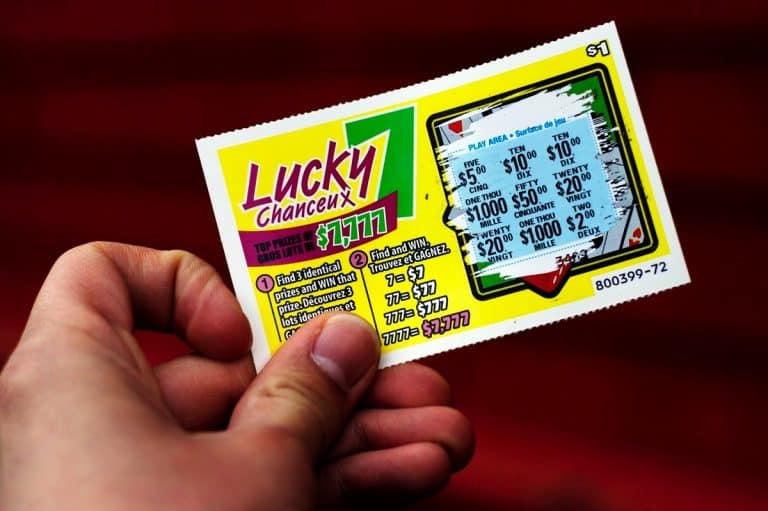Unwanted subscriptions and trials
We often receive reports of people being signed up to unwanted subscriptions and trials. Find out how it happens, and what you can do about it.

Netsafe often receives reports of unwanted subscriptions and trials. This happens when people have been signed up to paid subscriptions without their knowledge. In other instances, they’ve have signed up to a free trial, but are unable to cancel their subscription once the payments kick in. Every scenario is different. At times this could be called a scam, and at other times these companies are just not providing information clearly enough up front.
How does it work?
Unwanted subscriptions and trials often start off with what seems like a legitimate deal. On the company’s website, people are offered a free or very cheap trial of a product or service. This can be offered with the promise of a full refund if they’re not satisfied. The sign-up process to get the trial involves entering a credit card number. The person is then signed up to an ongoing subscription without realising it, or they’ll know but plan on unsubscribing before payment begins. Then when trying to cancel the subscription they’re unable to do so. This means their credit card is still being charged the subscription fee.
Examples of unwanted subscriptions and trials include online dating websites, or receiving a product regularly.
What to do if you’ve signed up
The most effective way to stop further charges from happening is to cancel your credit card. You will then need to request a new card from your bank.
Any payment that has already been charged to your credit card is difficult to get back. This is especially difficult if the people responsible are not in New Zealand. If you’ve paid by credit card, your bank can tell you if you’re able to recover the funds via a ‘chargeback’. Read more about chargebacks on the Consumer NZ website.
The Commerce Commission takes complaints about NZ businesses that are not complying with New Zealand law.
Before signing up to a trial offer
Search online for reviews of the business. It’s not fool proof, but it will give you an indication of the experience others have had.
Always be careful of who you’re giving your credit card details to. A common tactic is to roll the free trial subscription over to a premium subscription. This happens after the free trial period has ended. Sometimes this is done without your knowledge.
Mark a reminder on your calendar for limited time offers. That way you know when you need to cancel by before payments begin. The duration of the trial should be in the fine print.
Check the fine print. It can lengthy and full of legal jargon, but should include the timeframe, cost and ability to cancel.
If you don’t understand it, don’t agree. You should be able to easily understand the offer using the terms and conditions. If you can’t easily understand it, be wary.
Report a scam
Help if you have been scammed or think you are about to be scammed: Netsafe can’t open investigations or track scammers, but we can offer support and advice for people who have lost money in a scam, or think they are about to. This includes letting you know the steps you can take depending on the scam you’re in and giving you advice about how to stay safe in future. You can report a scam to www.netsafe.org.nz/report.
Our help service is open from 8am – 8pm Monday to Friday and 9am – 5pm on weekends.
More information
- More information on scams
- Quick guide for staying safe online
- Online safety advice for parents
- Online safety advice for businesses
Keep up to date
Follow us on social media and sign up to our enewsletter for alerts, news and tips.







